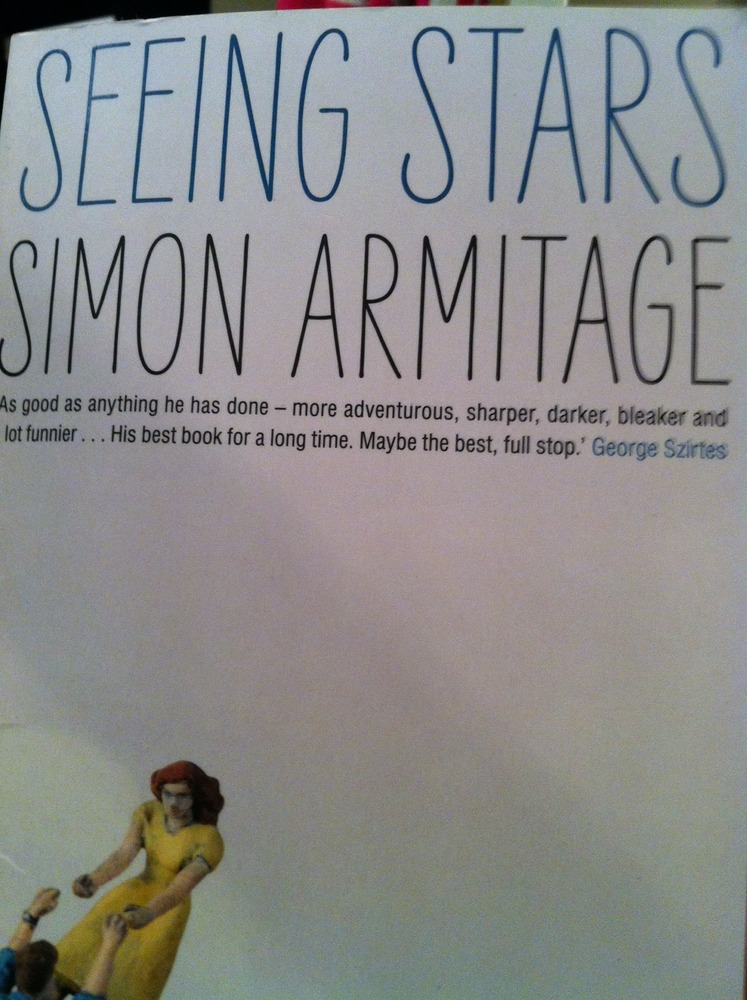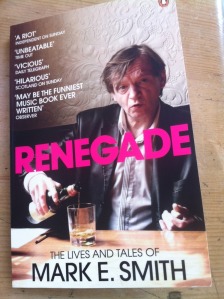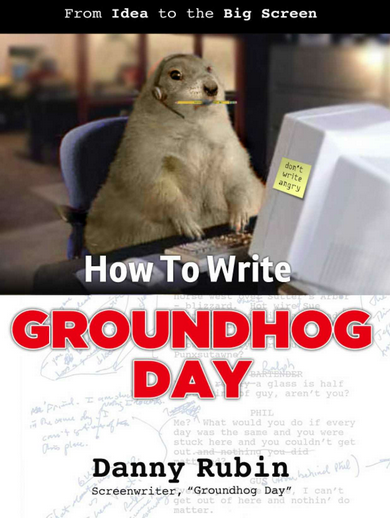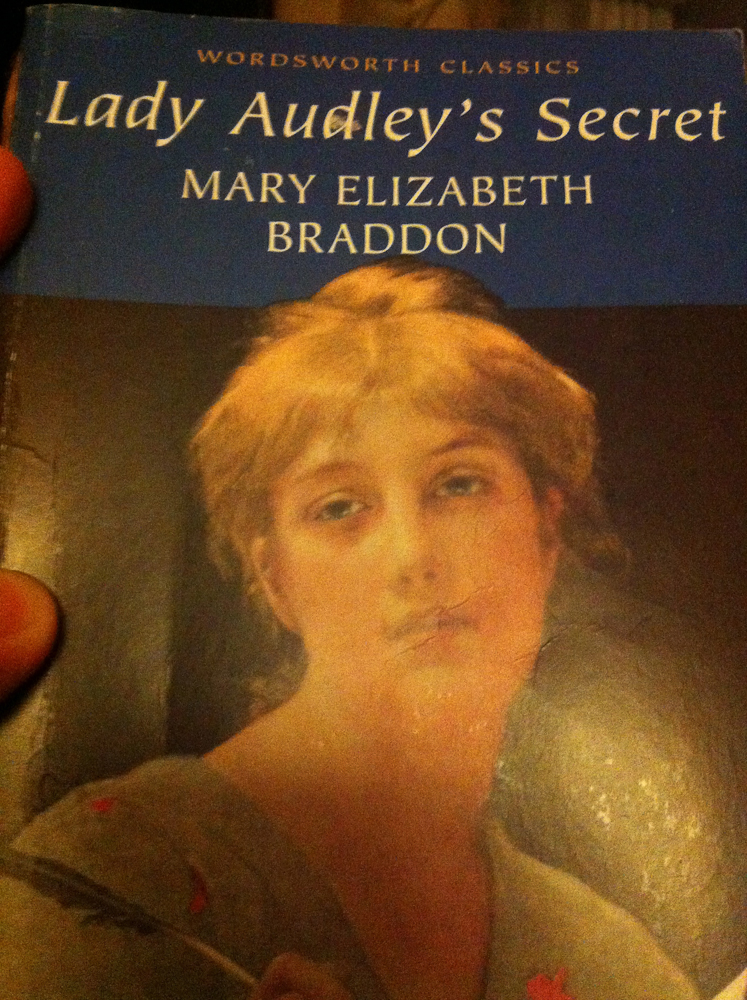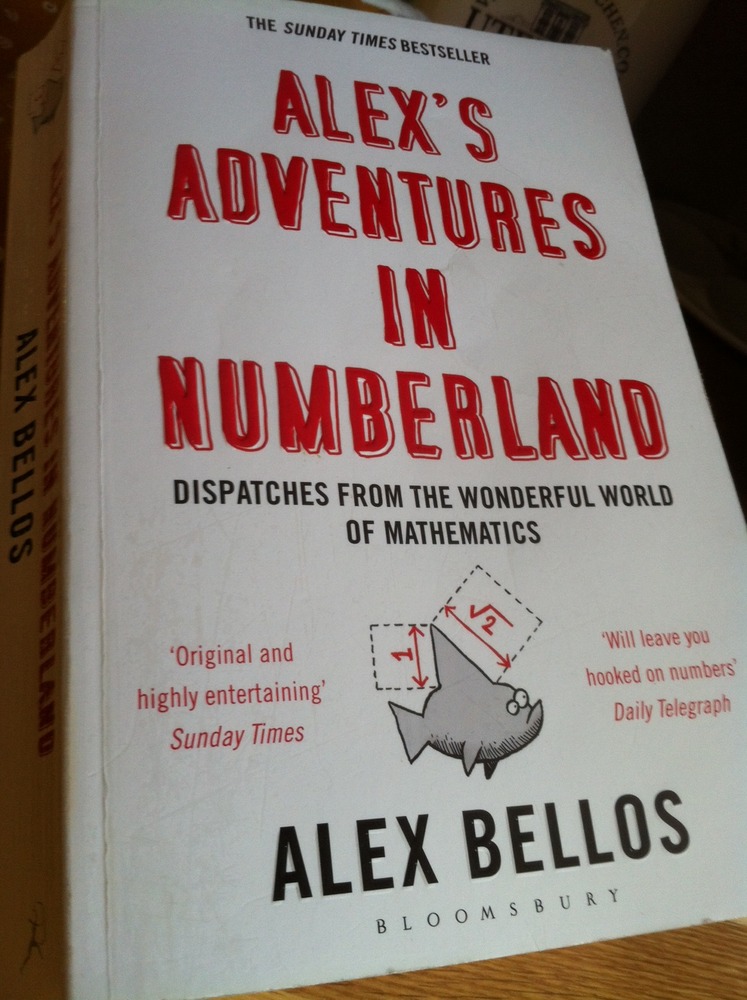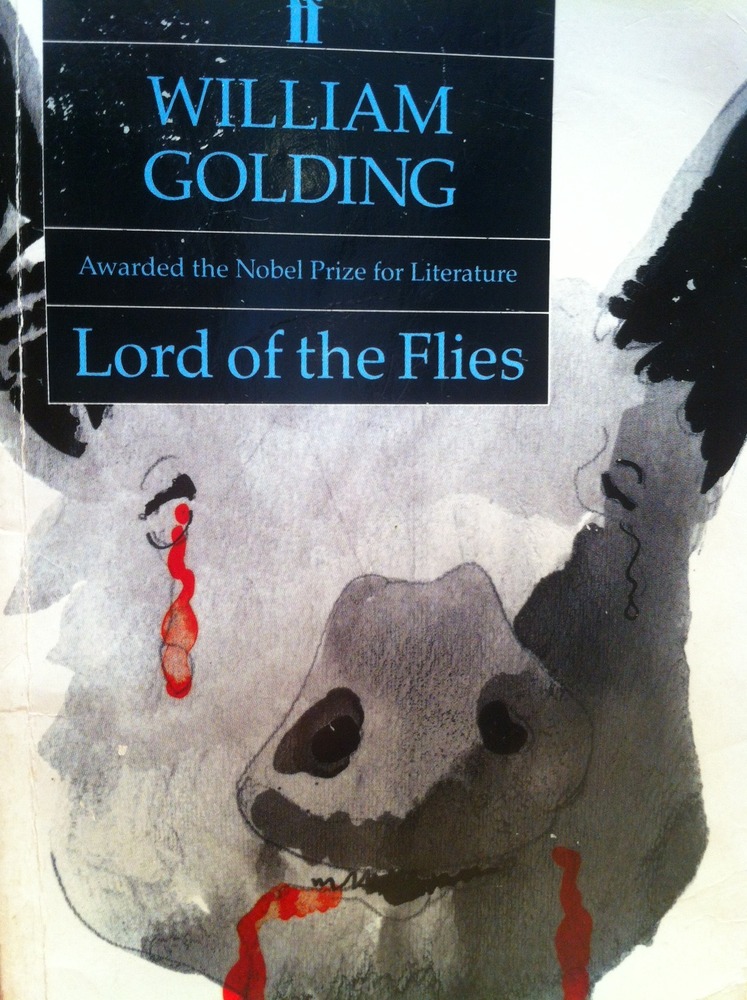How we get trapped in the constrained thinking of existing ideas.
From the brilliant “Po – beyond Yes and No” by Edward de BonoCategory: Uncategorized
John Peel – The Olivetti Chronicles
Wonderful collection of Peel’s columns over the years for The
Listener, Sounds, the Radio Times and more.
what it is to be human. I still miss him dearly.
Bank holiday watching
I have stumbled into an annual tradition of watching the timeless (ho
ho) Back to the Future every year on one of the bank holidays in May.
Did you have any of these phones?
When Nokia was king.
I got that one on the left in April 1995. Ruinously heavy.Terrible quality, and retro gaming nerdery required too. If you’ve no
idea or don’t care, you can feel good about yourself.
In that brilliant talk on creativity by John Cleese, he mentions how creative people are almost defined by how long they’re prepared to suffer with an unsolved problem, as being stumped is a integral part of the process.
This article in the Guardian takes a related tack and is well worth a read. I loved this insight about left/right hemispheres:
The process began with an intense mental search as the left hemisphere started looking for answers in all the obvious places… This left-brain thought process, however, quickly got tiring – it took only a few seconds before the subject said he’d reached an impasse and couldn’t think of the right word. But these negative feelings are actually an essential part of the process because they signal that it’s time to try a new search strategy. Instead of relying on the literal associations of the left hemisphere, the brain needs to shift activity to the other side, to explore a more unexpected set of associations.
Renegade – Mark E. Smith
Everything you’d hope for from the Fall’s curmudgeonly genius. Funny,
unexpected and unreasonable. A genuinely great Briton.
How to write Groundhog Day
Screenwriter Danny Rubin explains how what is now a comedy classic came to be.
Some interesting insights, and it enlightened a re-watch of the movie. The biggest takeout for me was the lesson once again that success ismainly about determination and collaboration. Even a corker of an idea
like this needed to be shoved through the system and accept ideas and
rewrites from many sides.
I always liked the Fast Show, and I had a fleeting conversation with
Simon when I’d rejected some copy he’d written for a Guardian ad and
he called to bundle me into running it.
self-destructive and maudlin than I expected. A pretty quick holiday
read and I was glad to get it over with.
Lady Audley’s Secret
I'd heard of this 'sensation' novel, but wasn't expecting too much. In fact, it's a cracker. Very much in the Wilkie Collins style, with twisty, teasing turns aplenty. Very enjoyable and recommended.
Alex’s Adventures in Numberland
Popular maths and science books are both an indulgence an diversion
for me. I’m kinda A-Level standard and curious in this field, and it’s
a combination of imagination, certainty and underdog triumph that
appeals.
highlights. He skilfully avoids either showing off or
over-simplifying, and instead respects the reader whilst allowing his
enthusiasm and wonder to shine through.
Lord of the Flies
Seeing me reading this, a friend joked “are you re-sitting your GCSE English?”
I guess it is a book associated with school, but I never read itthere, and it’s one of those that I always thought I should. Quite enjoyable and easy to see why it appeals to people of that age.
It did remind me of the TV series Lost, and indeed they refer to the
competing camp as The Others at one point. “Did you know” that the Lord of the Flies is what Beelzebub translates as?
Conference Troll
I have an idea for a comedy vehicle, which I have neither the front nor the inclination to do myself. It's called Conference Troll.
I hate those "40 things before you're 40" lists. Whose life are you suppose to be living?
Snow dog fun
Crowdsourced Star Wars
Brilliantly inventive and enjoyable
The pre-sleb era
I came across this 26 year old copy of the Times today – November 11, 1985
I would have been nearly 18 when it was published, but now it feels itbelongs to an age a good deal earlier than that – the 70s maybe or
even the 60s. This is 10 years before the web made any impression on even early
adopters. It shows a Britain full of strikes, an Apartheid-era South
Africa, denser news, chess coverage in depth, football violence and,
perhaps most strikingly of all… no celebrity stories.

